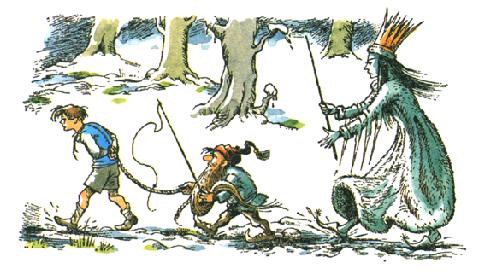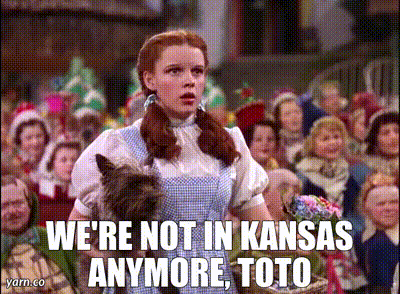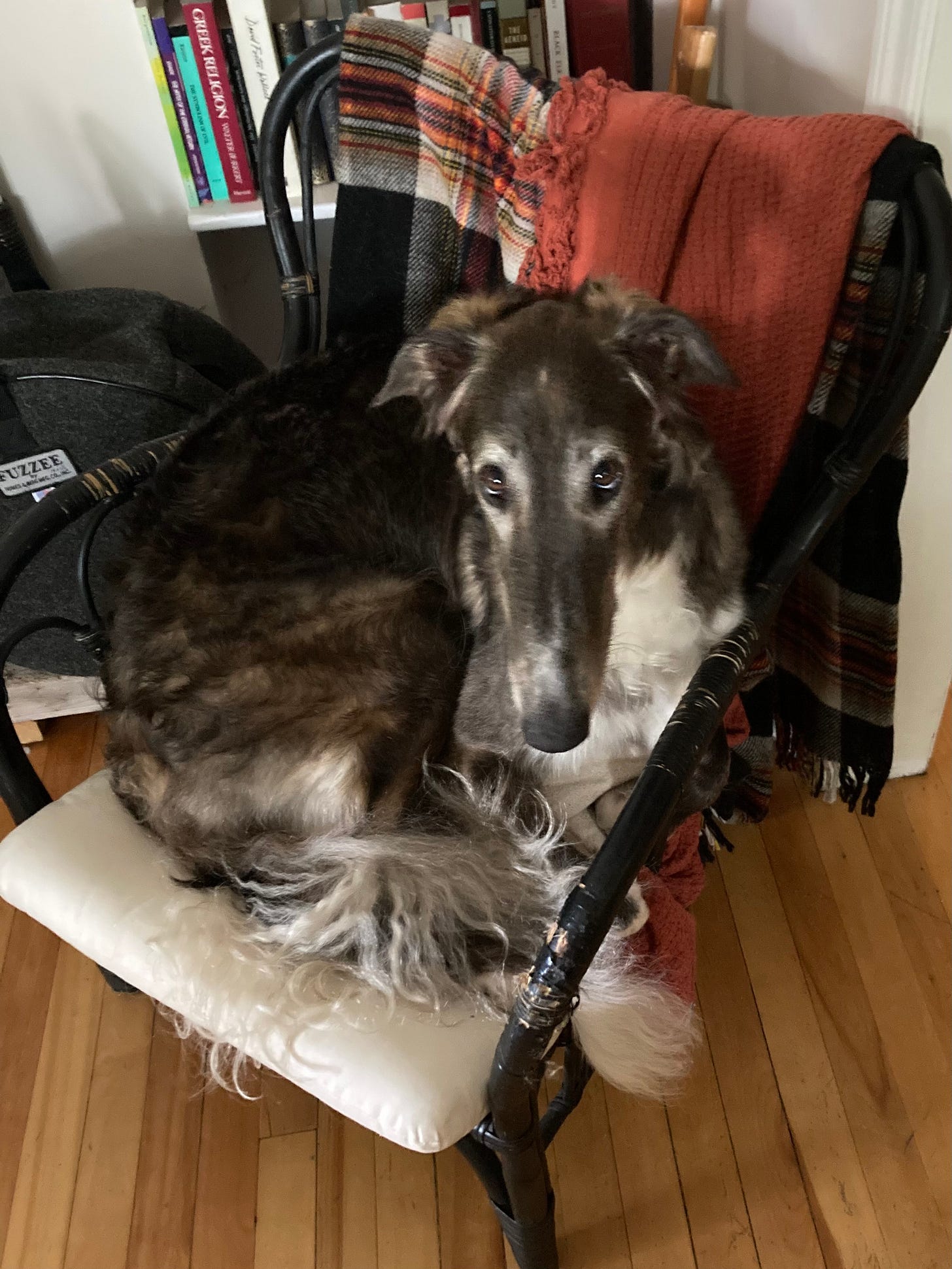Resistance training
Enough theory already. Tips to kick at the darkness.
“Tips and theories of non-violent resistance for our distracted times.”
Just under four months and six posts ago, these were the goods that The Good Resist promised.
So far, we’ve seen theories: on the power of the powerless, on the roles played by fear and power-knowledge, on singular truth and variable lies, on the humanizing effects of music. Yet readers would be justified in noting a woeful shortage of tips.
The shortage is not an oversight per se. As I see it, any tip with a hope of hitting its mark should arise from the material—in this case, from real world instances of non-violent resistance. And these must first be presented. Certainly, though, tips need to enter the picture at some point. This series is not an academic exercise, after all, but aims to answer a crucial question: how should we live?
This post offers tips, following a brief synposis, and before moving on to next things. I’ll offer this as a regular practice: after six (or so) posts offering variations on a theme, a summary wrapping them up in a tidy(ish) package, complete with tips. We’ll call such posts “resistance training.”
Here’s the first of them.
What We’ve Learned
The first post came almost four months ago—January 29, 2024—two years after the truckers arrived in Ottawa. For me, that day entailed both pain and elation, which I suspect also drove countless other Canadians to cheer on truckers in Ottawa or on roadsides, overpasses, and border crossings across the country.
The pain was induced largely by the COVID regime—not the virus, mind you, but by how our governments treated citizens in the name of keeping us safe:
Canadians had suffered one of the longest, cruelest, strangest COVID regimes anywhere, until the truckers stepped in and broke the spell. Audibly. Thousands came out to the highways and overpasses to cheer them on. Canadians showed up en masse, donating millions to break what seemed like an hostile, alien regime.
That first post presented the truckers, our “doughty liberators,” as a study in non-violent resistance. As an eyewitness of the protest’s evolution in Ottawa, I also offered my perspective in a podcast with Marco Navarro-Génie—included in the third post of this series. Early on, the truckers appeared to understand their role to maintain “Jedi-like” calm despite the many provocations to violence they faced. And in fact, when the violence came, it was brought by police. The decree they enforced to kettle protestors was issued by the same cabinet that had trapped millions of unvaccinated Canadians in their own country.
And now? We should have no illusions of where we stand. Far from apologizing for invoking the Emergencies Act on Valentines Day in 2022, our federal cabinet continues to insist that its action was legal, despite a Federal Court ruling to the contrary. As for the COVID travel mandates, it still maintains that it could revive them at its discretion—as circumstances warrant.
In this context, citizens are presented with a choice to comply or refuse the next time. But if refuse, how? The question becomes acute for Canadians, with our long habit of deference to government authority. Certainly too, many felt burnt by the government’s scorched earth reaction to the Convoy, which may have further undermined peaceful protest in this country.
Though Canadian officialdom will be the last to admit it, the trucker protest was effective. It provoked an abrupt halt to our endless COVID winter, as one measure after another fell. The truckers and their supporters channeled fear and anger into collective non-violent resistance—inspiring protests like it across the world.
Beyond the truckers, though, there are other examples. The fourth post lays out the political lies to which we are now regularly exposed, aiming to assist in our choice of how to react to them. Lies, bullshit, and gaslighting come at us daily. In face of it, we could lash out, tune out, or become cynical. Alternatively, with Hannah Arendt, we could understand how habitual lying prepares us for exploitation:
If everybody always lies to you, the consequence is not that you believe the lies, but rather that nobody believes anything any longer. . . . And a people that no longer can believe anything cannot make up its mind. It is deprived not only of its capacity to act but also of its capacity to think and judge. And with such a people you can then do as you please.
Armed with this knowledge, we could get smart, serious. Effective.
The same post presents our former Justice Minister and Attorney General Jody-Wilson Raybould, Puglaas, as a model of an effective reaction to the deception at the centre of government. After resisting sustained pressure to change her stance on an issue of constitutional principle, she channeled her anger into acting with integrity. She accepted neither carrots nor sticks from those who sought to sway her, but held fast to principles learned from her family, community, and Indigenous tradition. Among them was a commitment to tell the truth, regardless of its outcome for her career.
A similar commitment to tell the truth was evident among the few doctors who resisted the COVID measures, discussed in the sixth post. Though censored and censured by a phalanx of public and private institutions supporting a new edifice of COVID “power-knowledge,” these doctors pressed on:
Into this panicked morass, the good doctors deployed their healing knowledge. To bring calm and save lives, they courageously shared what they knew. To those who would listen, they addressed the rising panic stoked by public health bureaucracies, media, and opportunistic “experts.” As the power-knowledge introduced ever-more harm and absurdity, the good doctors became archipelagos of medical sanity.
These doctors suffered immense personal losses, losing in some cases not only their public platforms but even their licences and livelihoods.
And yet the good doctors who did speak out managed to set our would-be tyrants on the back foot. They surprised their persecutors, held fast to their oaths, upheld the Nuremberg Code. Before the truckers even left for Ottawa, they held the line.
Meanwhile, trust in our public health systems has eroded steeply.
Finally, there is the resistance of two individuals: a small business owner in rural Saskatchewan and a YouTuber in the United Kingdom. The second post tells the story of Louise Wilson, owner of a Dollar Store in Esterhazy, as she told it to a lawyer at the National Citizens Inquiry in Spring 2023. At potential cost to herself, she refused to display the accoutrements of the COVID regime in her store. She also refused to wear a mask that would serve to reinforce an ideology she knew to be false. Finally, Louise refused to pay the ticket—and won at her day in court. Her various refusals reminded of a path that is open to all, depicted by Czech dissident Václav Havel in his 1978 essay, “The Power of the Powerless.”
Or in January 2024, in far away England, was the good resistance of boogie woogie piano player, Dr. K.—or Brendan Kavanaugh—depicted in the fifth post. He refused the request of the Chinese TV filmmakers who demanded that he quit recording his weekly session at the public piano in a London train station. Dr. K. remained calm as their demands escalated, as he was shouted at and accused of racism—and even as a London transit official also instructed him to cease filming. England is a free country, he insisted, and he would continue filming. The livestream went viral world-wide, as it also emerged that some of the TV crew members had indeed been employees of China’s United Front Work Department.
Examples like Louise Wilson and Dr. K. are worth close study. If more private individuals—whether farmers, business owners, musicians, teachers, construction workers, lawyers—were to resist in small yet significant ways, how much better would we be at resisting authoritarian intrusions collectively? The COVID period was a “great reveal,” as some have put it, showing how thin is the thread binding us to our foundational principles that limit government abuses of power in constitutional democracies.
One central message of these posts has been a caesura: a “before” and “after” of the COVID period. There is simply no going back to before. As for our collective “after,” such luminaries as the authors of The Great Reset do not cease informing us of their plan, or trying to stoke our fear of a looming climate apocalypse. Despite the not-so-subtle nudges and shoves on the course to a safe and predictable net zero, it is far from clear we could achieve the reset—even if we wanted to. Indeed, in Canada’s COVID, political theorists Barry Cooper and Marco Navarro-Génie observe that the authors of The Great Reset have made a fatal category error, mistaking human beings for machines.
In face of a Great Reset, we could seek instead a Good Resist. How we resist the incursions of would-be tyrants is important. How we take the reins of a future suited to human beings rather than cyborgs will be key. For we will need to recover the first principles of governing that our rulers seem to have forgotten. And recovery begins with ourselves.
Now for the tips
This set of posts examined “how it’s done” via instances of people who resisted one kind of authoritarian imposition or another. We saw them channel surprise, pain, and anger into effective non-violent resistance.
And that in itself is something. Because:
At some point, you just have to dive in. To quit reacting, stop hand wringing, and start in on whatever small act you decide on. You’ll feel better immediately (even in the act of writing tips).
Cease taking cues from “polite company.” We inhabit a world where the best and brightest are punished and the venal gain rewards; the least educated are now often the wisest and vice versa. Adjust expectations accordingly. Avoid being taken in by stations, offices, and honours. Judge instead by character.
Hone your thirst for the truth. Our capacity as humans to discover and set free truth—truth in the full sense as well as “what happens”—is perhaps our highest one. The thirst also calls for humility, as the truth is something we can never fully grasp. Future posts will address its centrality to resisting well.
Trust your gut and tend to its health. When something doesn’t seem right, let your gut guide you to seek more information. DO do your own research. Be open to changing your mind—ultimately, though, your body’s reactions aim at your self-preservation. Heed them. Look after your physical health in general.
Seek out others who do 1 through 4 above. People who are also trying to understand and find their bearings in our strange new world become your new community. Not that other contacts have to fall away, but it’s important to find and share with others on a similar search.
Live—with gusto. One thing authoritarians detest is people living their best lives. Savour it all the more. Play chess. Play hockey. Play piano. Play death metal. Build a patio. Grill a steak. Make bread. Make babies. Preserving our ability to do what we love is why we’re in this struggle in the first place. Keep doing those things.
Rediscover the Big Three: “Faith, hope, and love, these three.” The theological virtues are Christian in origin but they—or their equivalent in other religions—are essential to living in dark times everywhere. The past four years have made it clear that this is a war, not a battle. We need to gird ourselves for it spiritually.
“But the greatest of these is love.”
This first piece of resistance training concludes with a bit of Canadiana, circa 1991, with gratitude to Bruce Cockburn. He wrote the original in 1984 as it turns out, near the end of the Cold War. To me, these lyrics, this video, are not just nostalgia but could be an anthem for our era.
Enjoy.
Comments and suggestions are welcome, always.






Thanks, Jodi, for the great recap of previous posts and resistance tips! I particularly appreciate the tip of “live—with gusto.” And the repost of Hannah Arendt’s quote about perpetual lying and exploitation. That quote really hits the mark of how lying deprives us of the capacity to think and judge and act. That’s one of my big takeaways from the plandemic propaganda.
All good points. It is good to know you are out there, a comrade in the resistance.